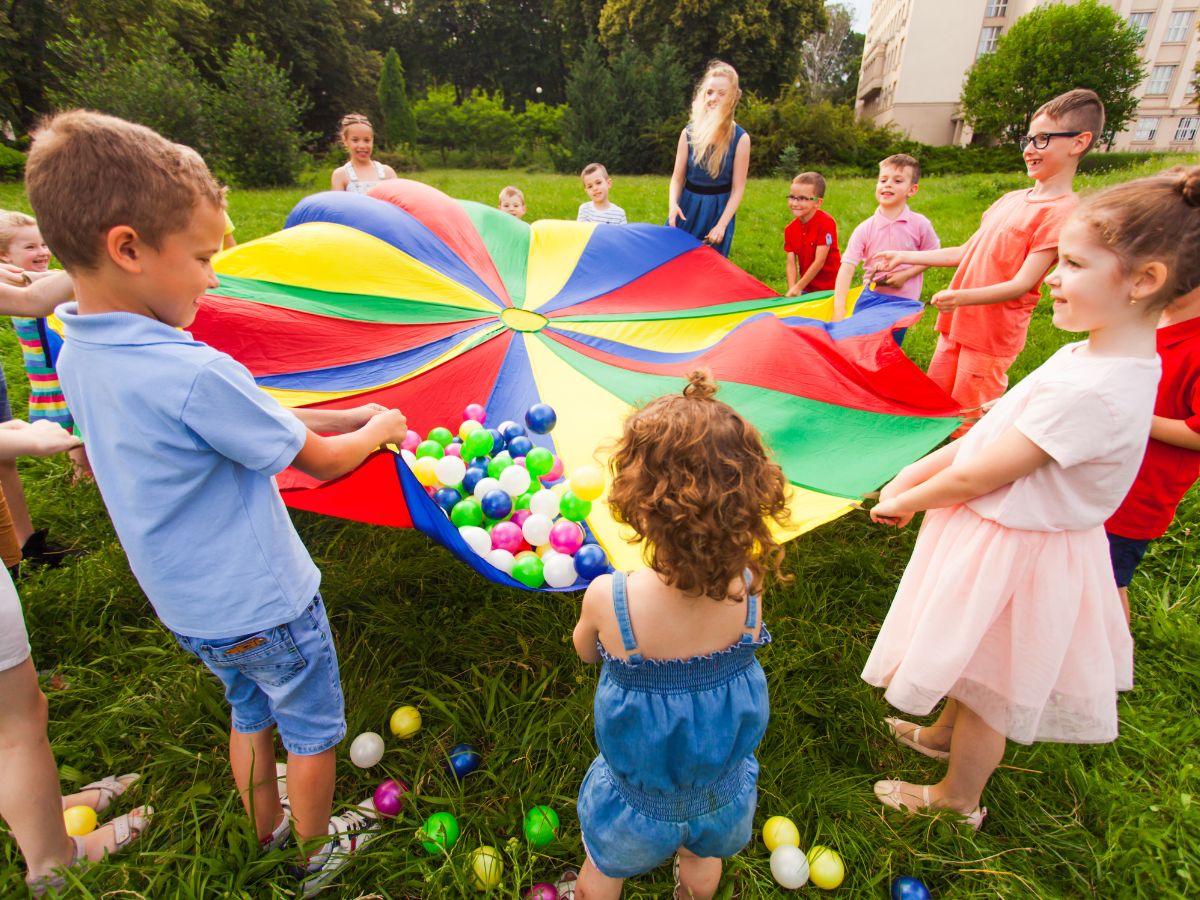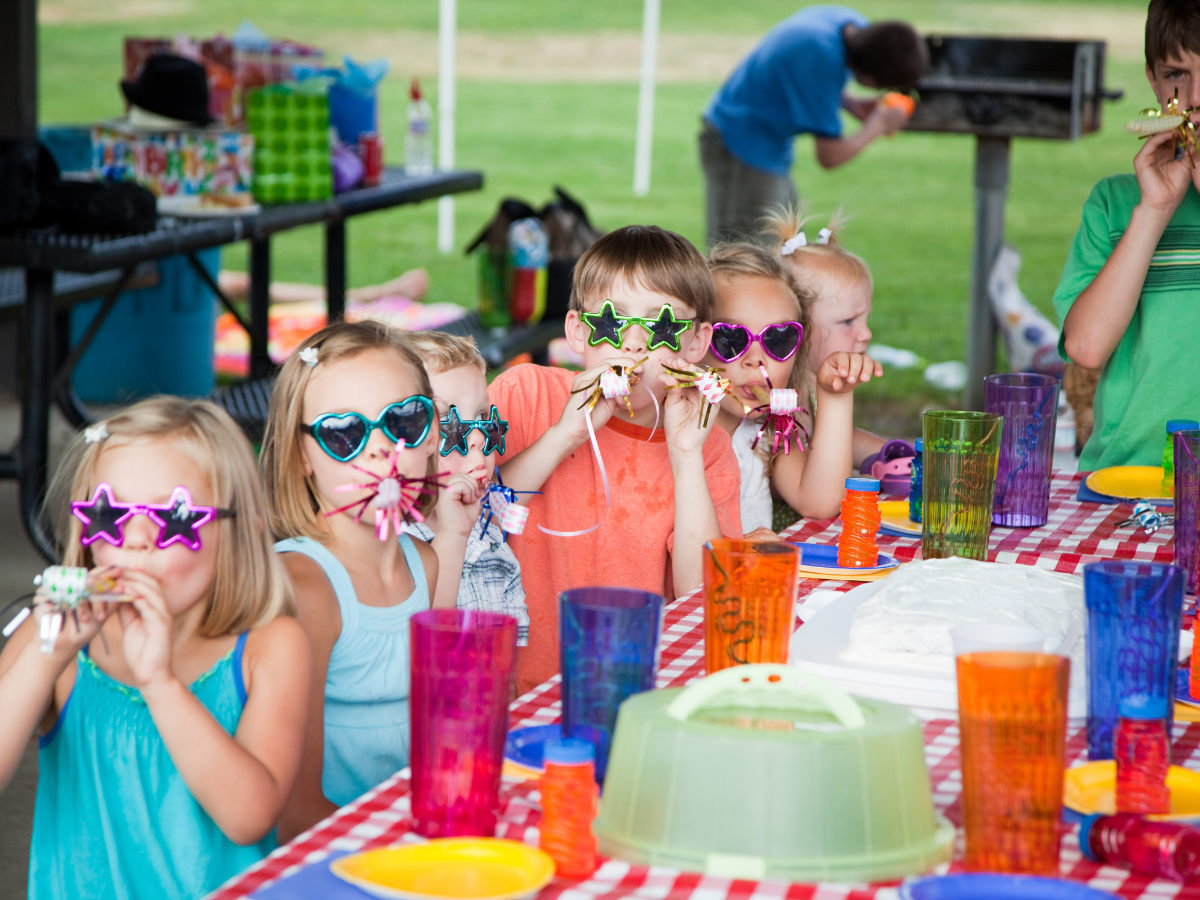The Hidden Benefits of Celebrations: How Birthday Parties Support Kids’ Social Skills
As concerns over children’s social development intensify, child psychologists and educators are pointing to an often-overlooked solution: the simple birthday party. Beyond balloons and cake, experts say gatherings with peers offer critical opportunities for kids to practice communication, cooperation, and confidence-building skills—areas that research shows have been weakened by rising screen time and pandemic-era isolation.
The Centers for Disease Control and Prevention (CDC) reports that more than 40% of high school students experienced poor mental health during the COVID-19 pandemic, while rates of childhood anxiety and depression remain elevated. The American Psychological Association (APA) has warned that children struggling with limited in-person interaction are more likely to face challenges with emotional regulation and peer relationships.
A 2020 review in Frontiers in Psychology found that peer-to-peer play, including activities like turn-taking and group games, improves children’s emotional regulation, empathy, and cooperation skills. Similarly, the American Academy of Pediatrics (AAP) emphasizes that both structured and unstructured play settings help children practice self-regulation, build resilience, and strengthen their ability to collaborate with peers.
Research in Frontiers in Psychology confirms that peer-to-peer play improves emotional regulation, social confidence, and resilience—all of which are critical for long-term mental health. Meanwhile, the AAP’s “The Power of Play” report, reaffirmed in 2025, stresses that structured and unstructured group play supports executive function skills like self-control, flexible thinking, and working memory.
Why this matters for parents now
Experts say the rise in screen time adds urgency. The CDC estimates children ages 8–18 now spend an average of 7+ hours per day on entertainment media—leaving less time for face-to-face interaction. For parents concerned about balancing digital exposure with real-world connection, parties provide built-in opportunities for kids to interact in person, negotiate group dynamics, and build friendships.
Actionable advice for parents
Child development specialists recommend planning birthday celebrations that intentionally support social growth:
- Group games (relay races, cooperative obstacle courses) teach teamwork and communication.
- Role-sharing activities (taking turns leading songs or games) build confidence and leadership.
- Small-group play stations encourage shy children to engage in manageable, supportive settings.
Parents looking for practical ways to bring more active play into celebrations can explore safe rental options and activity setups through resources like Jumpers Party Rentals, which provides kid-focused games and event equipment that encourage movement and cooperation.
“These are simple, everyday activities, but they reinforce skills that children need now more than ever,” the AAP report emphasizes.
For families seeking to design celebrations that support both fun and child development, local providers offer setups that make it easier to incorporate group games, obstacle courses, and cooperative play into birthday parties.





